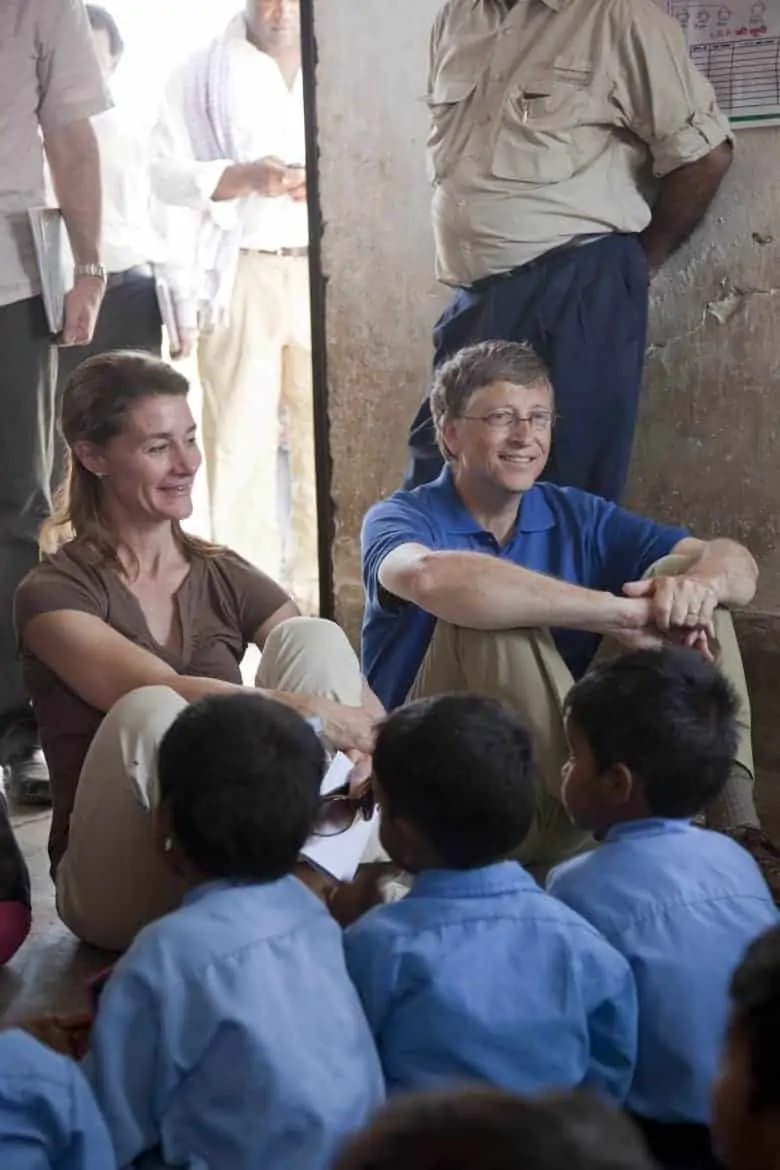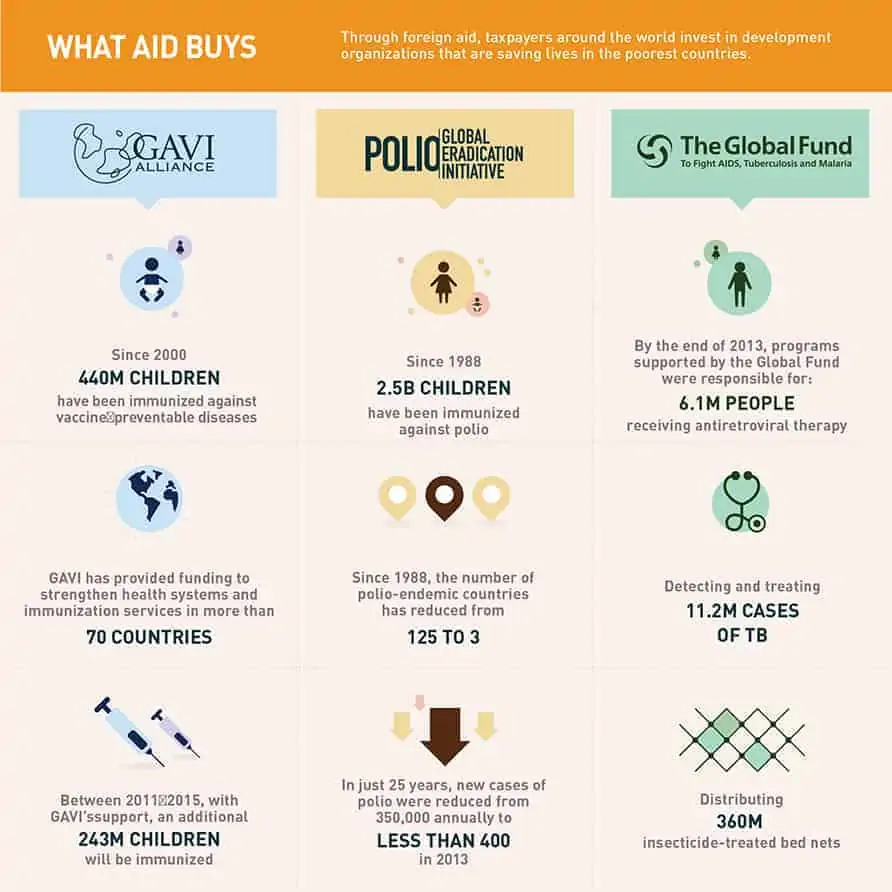The Annual Letter from Bill and Melinda Gates is always a refreshing read. Two of the wealthiest people in the world share their thoughts and opinions on charity with a focus on advancing health and agriculture in developing countries. In their fifth letter, the Gates took a new approach: smashing foreign aid myths.
We live in a country full of selfish intentions in the best and worst ways. I believe that the myths presented in the letter come from the selfish manifestation of greed. In order for anyone to flourish, a selfish desire to thrive and be successful is completely necessary; but when ranks, hierarchy, and power enter the struggle, selfishness becomes cold and bitter. My goal in life is to achieve self-sufficiency and sustainment while prospering more greatly in love and parenthood, and providing any tools (monetary, physical, and manpower) towards those who need them more greatly than I. To me, this doesn’t sound outrageous nor belittling to the people I hope to assist, yet it’s wild enough of an idea that Bill and Melinda Gates felt the need to address the essential need for foreign aid to those who selfishly dismiss it.

Bill’s Myth #1: Poor Countries Are Doomed To Stay Poor
There’s definitely a stigma that the gap between the upper and lower classes is only getting greater. I don’t know nearly enough about historical economics to agree nor disagree with the idea, but I do know that the arguments presented with myth one make complete sense.
“So the easiest way to respond to the myth that poor countries are doomed to stay poor is to point to one fact: They haven’t stayed poor. Many—though by no means all—of the countries we used to call poor now have thriving economies. And the percentage of very poor people has dropped by more than half since 1990.” – Bill Gates
My challenge to the nay-sayers is if the poor countries are doomed to stay poor, then what is different about today to enforce that idea? If 30 years ago, Turkey, Chile, and Malaysia were significantly poor, then what has changed to say that Ethiopia cannot flourish in a couple dozen years?
“I am optimistic enough about this that I am willing to make a prediction. By 2035, there will be almost no poor countries left in the world. (I mean by our current definition of poor.) Specifically, I mean that by 2035, almost no country will be as poor as any of the 35 countries that the World Bank classifies as low-income today, even after adjusting for inflation. Almost all countries will be what we now call lower-middle income or richer. Countries will learn from their most productive neighbors and benefit from innovations like new vaccines, better seeds, and the digital revolution. Their labor forces, buoyed by expanded education, will attract new investments.” – Bill Gates
Bill’s Myth #2: Foreign Aid Is A Big Waste
It’s hard for me to believe that billions of dollars have been wasted. I am happy to see Bill Gates supplemented his letter with a few numbers. The following infographic provides information from only three organizations, but hundreds more exist and provide additional care and assistance to those in need worldwide.

Melinda’s Myth #3: Saving Lives Leads To Overpopulation
As a mother of three, Melinda Gates has a soft candor and strong desire to advocate for women and mothers. In my opinion, the future will go one of two ways: either the population will manage their own growth, or the government will dictate reproduction. Obviously the latter sounds miserable, but by empowering women (and their partners) to take preventative measures in sex while encouraging countries to become more sustainable, overpopulation will never be an issue. Right now, the reality is that children are dying rapidly without nutrition and healthcare that could be available to them.
“Here’s an example: Mothers in Mozambique are 80 times more likely to lose a child than mothers in Portugal, the country that ruled Mozambique until 1975. This appalling aggregate statistic represents a grim reality that individual Mozambican women must confront; they can never be confident their children will live. I’ve spoken to mothers who gave birth to many babies and lost most of them. They tell me all their mourning was worth it, so they could end up with the number of surviving children they wanted. When children are well-nourished, fully vaccinated, and treated for common illnesses like diarrhea, malaria, and pneumonia, the future gets a lot more predictable. Parents start making decisions based on the reasonable expectation that their children will live.” – Melinda Gates
In conclusion…
It is our duty and decision to commit towards bettering the world and not just our own lives. While we may not all have the funds nor major opportunities that the Gates have, there is never a shortage in ability to help those in need. Whether it’s your elderly neighbor or hundreds of starving children on the other side of the world, there is always a way to help.
Images and excerpts from the 2014 Bill and Melinda Gates Annual Letter. All opinions are 100% mine.
I agree it’s best to do for others! I respect the work the Gates are doing!
I realize there are so many people doing good for others, but ultimately this world is full of greed and only God can change that.
I really respect Bill and Melinda Gates. They are doing a lot of good with the wealth that they have been blessed with. I think that everyone who is more fortunate should help out in whatever way they are able.
Although I do have my own opinions about those two people, I do believe it is good to help others